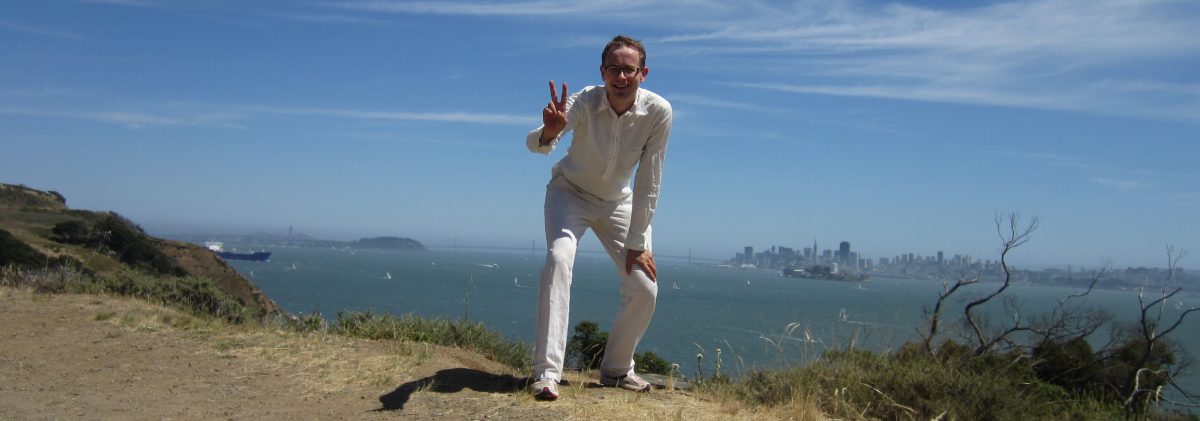Back from Buenos Aires. I want to continue here where my touristy pics left off.
Enter comparisons.
1. Buenos Aires seems to have an intellectual spirit. I don’t know any other place in latin america that would benefit from the european heritage as BA does. “Intellectual” is a pattern that needs to be built. You have the bookshops and cafes with real people who have been there for ages. People are comfortable with speaking english. Critical social policy is a topic there. For example, Santiago has none of this. People here don’t stop and ask the questions. (The good thing here in Santiago, to name one, is the US-style continuous infrastructural change)
2. However, Buenos Aires is still Latin America. I bought a few history books that kept on arguing “we’re not quite latin american but closer to europe” and “while mexicans came from aztecs and peruvians from incas, argentinos came from boats”. Don’t buy that ideological propaganda. All these latin countries have the same cultural background with angst towards their neighbors, populist politics without real military power, basic education without high-tech productivity, continuous plans to leap to the first-world stage without environmental control etc. That latin stuff. On the streets, you smell that dirty diesel and see those worn-out cars which would be illegal anywhere but here. Somewhere there is a cop putting on his bullet-vest and so on…
Well, I better stop here and be careful not to be carried away. What I did see there was, in the end, just Buenos Aires, the city.

